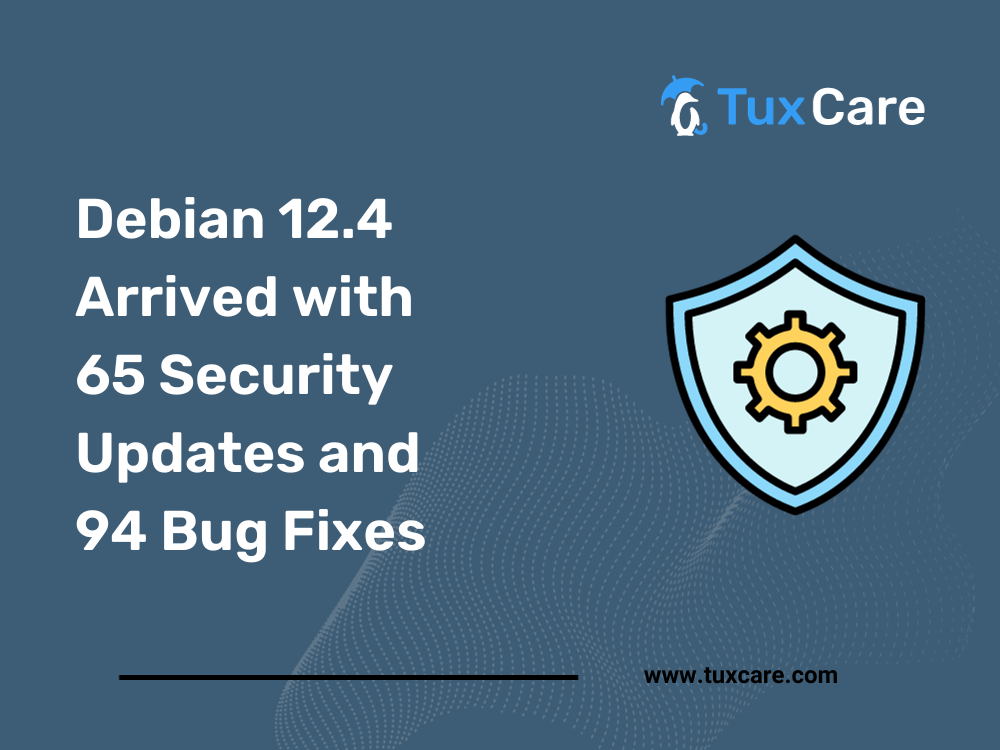Debian 12.4 Arrived with 65 Security Updates and 94 Bug Fixes
The third ISO update to the current stable Debian 12 series, Debian 12.4, has arrived superseding Debian 12.3. Debian 12.3 was delayed due to an issue in the EXT4 file system leading to data corruption in Linux kernel 6.1.64-1. Now, the issue has been addressed and Debian 12.3 became Debian 12.4, which comes with Linux kernel 6.1.66-1.
This point release arrived 2 months after the erstwhile Debian 12.2 release, offering users the up-to-date installation media of the Debian Bookworm operating system. It comes with all the security updates released for Debian 12 series after Debian 12.2. So, users do not have to worry about installing hundreds of package updates after the installation.
There are a total of 94 bug fixes and 65 security updates included in Debian 12.4. All the security updates and bug fixes can be found on the announcement page. Also, the advisories have already been released for each of these security updates.
Download Debian 12.4 ISOs
All the ISO images are readily available to download from the official website. There are options for 64-bit (amd64), 32-bit (i386), PowerPC 64-bit Little Endian (ppc64el), IBM System z (s390x), MIPS 64-bit Little Endian (mips64el), MIPS 32-bit Little Endian (mipsel), MIPS, Armel, ARMhf, and AArch64 (arm64) hardware architectures.
But the live images for available for 64-bit systems only with KDE Plasma, GNOME, Xfce, LXQt, LXDE, Cinnamon, and MATE desktop environments pre-installed. If you want to install Debian over the network, you can choose a NetInstall image.
Conclusion
Debian 12.4 does not include a new version of the Bookworm series, but only a bunch of package updates. So, it is essential to update the existing installations by executing the sudo apt update && sudo apt full-upgrade commands in the terminal.
To automate security updates on your Debian servers, you can utilize a KernelCare Enterprise live patching solution. KernelCare automatically applies all security patches on your Linux systems without having to reboot or schedule downtime. The supported Linux distributions include Debian, Ubuntu, RHEL, AlmaLinux, Rocky Linux, Oracle Linux, CentOS, and more.
Learn more about KernelCare live patching here.
The sources for this article include a story from 9to5Linux.



 Documentation
Documentation Login
Login




